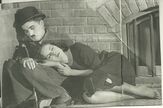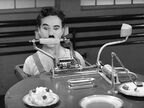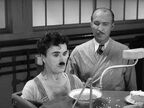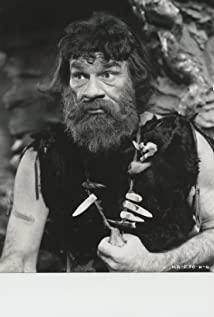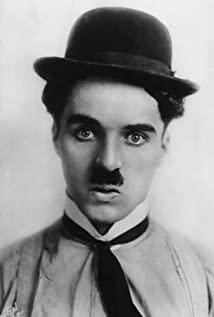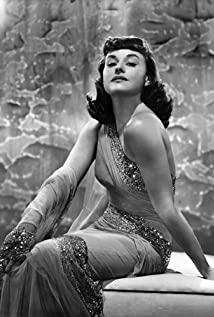Again, all comedies come from tragedies, marveling at Master Chaplin's superb acting skills and exaggerated but not exaggerated performance techniques. The film is silent, but it is full of powerful accusations of that era. The great economic prosperity of the United States, the exploitation of workers by capitalism, the economic depression, the general strike of workers, the social unrest... From Chaplin, from the perspective of a small person, looking at that era, the era is developing, the productivity is breaking through, but it is also absurd .
Chaplin once commented: "This film is developed from an abstract concept - criticizing our mechanized way of life." Whether Chaplin's own shooting intention is to stand on a critical point of view , to expose the capitalists' frantic exploitation of workers in order to maximize surplus value and the suppression and destruction of human nature by such a mode of production.
At the same time, from the perspective of management science, "Modern Times" vividly and truly reproduces the strong traces of scientific management in social production at that time: workers have a very detailed professional division of labor, and workers engaged in each type of work have extremely Skilled skills, the movements and workload of workers working on the assembly line are all standardized and arranged, and the daily production work is carried out under the strict supervision of managers.
Through the description of the bitter life of the little people in the capitalist industrial age, the film uses exaggerated and comical actions to make people laugh and fall into a kind of reflection on the cruel reality of society. A fair society will eventually give people a chance, just like they find a job and a life that suits them in a bar. As long as they work hard, they will have their own life, no matter if it is poor or cheap...
Finally, people must have the confidence to struggle, and the beauty is ahead!
View more about Modern Times reviews



